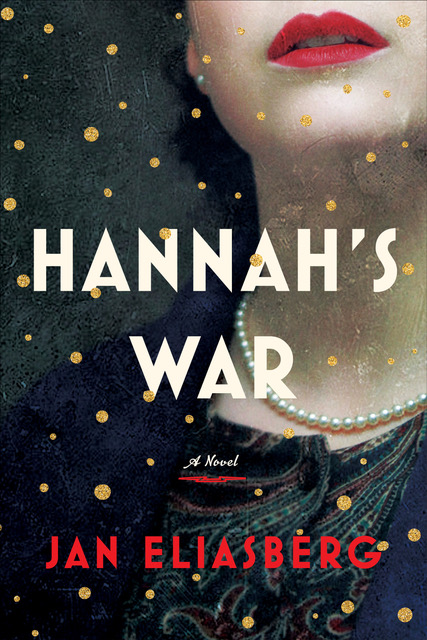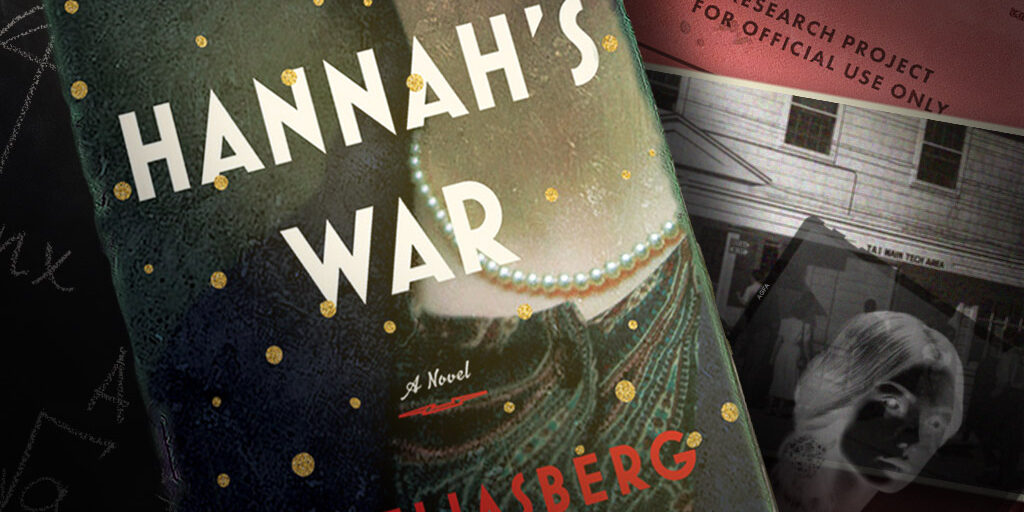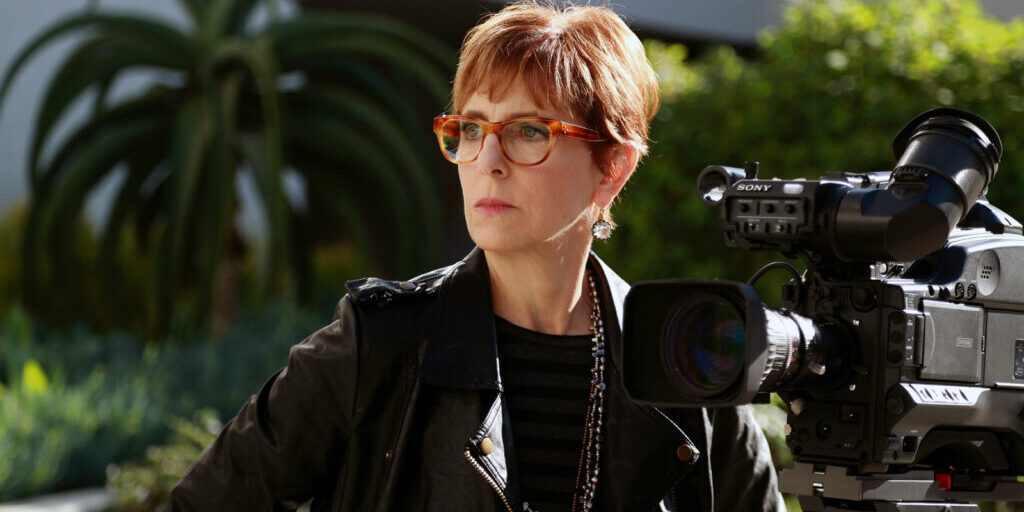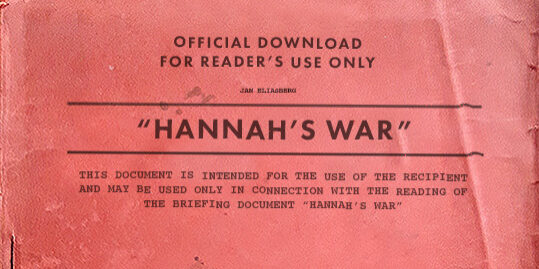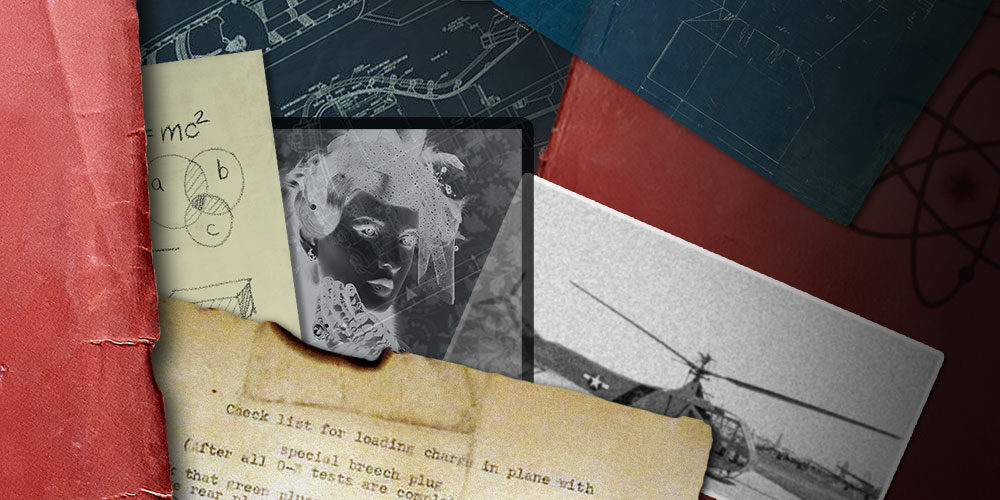“Both Jack and Hannah walk the tightrope of staying true to oneself while concealing vital parts of one’s identity in order to survive. And many of the characters, even minor ones, wonder whether love and decency become unaffordable luxuries in wartime.” — Shelf Awareness
“Jack, the smart, but flawed hero of the Liberation of Paris, is Hannah’s perfect foil, and the sparring between the two opponents generates a fine narrative tension. One can easily imagine a cinematic rendering.” – Historical Novel Society
“That a novel that deals fluently with physics, espionage, and Jewish tragedy can also become a deeply affecting emotional tale – with a transcendent, redemptive vision of love – is a tribute to its hugely gifted author.” –Jewish Book Council
“Clever dialogue, elegant phrasing, and keenly developed characters add substance to the intrigue. Eliasberg’s triumphant tale of Hannah transcending anti-Semitism and the dangerous pitfalls of workplace romance will satisfy even the most discerning of readers.” –Publishers Weekly
“Eliasberg moves effortlessly between Hannah’s past and present to deliver a historical love story full of intrigue and suspense. Hannah’s War shines a much-needed light on one of the most influential women in history.” –Booklist
“Hannah’s War is a gripping cat-and-mouse tale of love, war, deception, and espionage you won’t be able to put down. Jan Eliasberg elevates a mesmerizing spy thriller with her clear, fierce admiration for the women of the past who refused to be edged out of the world of scientific discovery. I loved every page!” –Kate Quinn, The Alice Network, The Huntress
Award-winning filmmaker Jan Eliasberg’s Hannah’s War, for readers of The Nightingale and The Alice Network, is a thrilling historical debut about a female scientist working to develop the first atomic bomb during World War II, and the young military investigator determined to uncover her secret past.
Publication: March 3, 2020
“I flew through Hannah’s War, a gripping true story of a brilliant woman physicist working to develop the first atomic bomb and the secret she fights to protect.”
Martha Hall Kelly, author of Lilac Girls
in 1945, Dr. Hannah Weiss, an Austrian-Jewish physicist, is removed from her essential work with the Critical Assemblies Team at the Los Alamos National Laboratories and is taken for interrogation. Major Jack Delaney, a rising star in the shadowy world of military intelligence, is convinced that someone in the Top Secret Manhattan Project is a spy; the captivating, brilliant and mysterious female scientist soon becomes his primary suspect.
World War Two reaches its crescendo as the Allies and the Germans are racing to complete and test the atomic bomb — a weapon powerful enough to end WWII and, perhaps, all future wars. A weapon that, in the wrong hands, could destroy the world.
As Jack ruthlessly questions Hannah about her involvement with the infamous Kaiser Wilhelm Institute in Berlin ten years earlier, and her apparently friendly relationships with high-ranking members of the Nazi party, he slowly becomes seduced by her intelligence and quiet confidence. Is Hannah a Nazi spy, or is she protecting a far darker secret of her own? When Jack finally uncovers the truth about her life in Berlin, Hannah must compromise her political allegiance, and choose between two lovers, and two versions of history.
A vivid, page-turning, and inspiring re-imagination of the final months of World War II, and the brilliant researchers behind the first atomic bomb, Hannah’s War is an unforgettable love story about an exceptional woman, and the dangerous power of her greatest discovery.
Find out more about the story behind Hannah’s War, the real-life characters and events that inspired Jan Eliasberg.
Thanks to Little, Brown for making this excerpt from Hannah’s War available to my readers.
CHAPTER ONE
They come for me at dawn, as I knew they would. I’ve slept in my clothes, and I ask if I may I step into my shoes. They allow that, but nothing else. He tells me to go outside, and I do. Parked on the dirt road between my barracks and the laboratory is a vehicle the Americans quaintly call a “paddy wagon,” an absurdly chipper term for the dank iron trolley that will transport me from Los Alamos to the prison at Fort Leavenworth, where I will wait again (not for long, I fear) for my perfunctory trial and inevitable execution.
The chain reaction leading to my death has been accelerated by my own divided heart. I see that now in a way I never could when all was theory, white chalk on blackboard, equations like pale bones scattered across scorched earth. The man I shouldn’t have trusted latches the manacle around my wrist and fixes it to a hasp welded hard to the bench.
“I’ll protect you,” he says, with such earnestness it makes me smile.
“You’re lying again.”
He glances over his shoulder. Sufficiently assured that no one can see us, he takes my face between his hands. “I will protect you, Hannah. If I can.”
I think he might kiss me, but that would be a danger to both of us. He is a meticulous and cautious man by nature, skilled at the art of keeping secrets. Most lovers are. I have limited empirical evidence to support this hypothesis, having loved only two men, but both of them held truth at a safe distance. Safe for them, not for me. His promise of protection—however well intended—doesn’t comfort me. So I comfort myself with equations.
The distance from the laboratories in Los Alamos, New Mexico, to the prison compound in Fort Leavenworth, Kansas, is 874 miles. We left when dawn was still a wishful glow behind
dark mountains. We are traveling, I estimate, at an average speed of forty-two miles per hour, allowing for stops—
Oh God. Will they stop? Will they allow me that simple comfort?
No. I won’t think about that. The equations. Stay with them. I drum the fingers of my free hand, playing an invisible keyboard, on the metal beside my legs. This is my habit when I run numbers, drumming my fingers on hard surfaces, desks, and tables. A distance of 874 miles at an average speed of 42 miles per hour creates a probability of 20.8095 hours of actual travel time, plus the approximately 27 minutes it would take for the MPs to force the paddy wagon to the side of the road, slide a bag over my head, and—
Stay with the equations.
“I will protect you, Hannah,” he said. “If I can.”
A distance of 874 miles, leaving at dawn, allowing for the variable If I can.
Praise
“Clever dialogue, elegant phrasing, and keenly developed characters add substance to the intrigue. Eliasberg’s triumphant tale of Hannah transcending anti-Semitism and the dangerous pitfalls of workplace romance will satisfy even the most discerning of readers.” –Publishers Weekly
“Eliasberg moves effortlessly between Hannah’s past and present to deliver a historical love story full of intrigue and suspense. Hannah’s War shines a much-needed light on one of the most influential women in history.” –Booklist
“Hannah’s War is a gripping cat-and-mouse tale of love, war, deception, and espionage you won’t be able to put down. Jan Eliasberg elevates a mesmerizing spy thriller with her clear, fierce admiration for the women of the past who refused to be edged out of the world of scientific discovery. I loved every page!” –Kate Quinn, The Alice Network, The Huntress
- « Previous
- 1
- 2
- 3
- Next »
